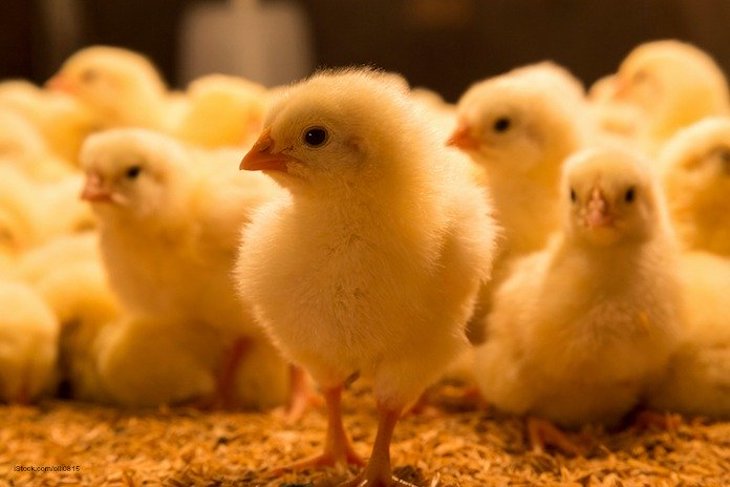Salmonella infections in Scioto and Lawrence Counties in Ohio have sickened at least five people after purchasing chickens from the local farm supply stores, according to a post on the Portsmouth City Health Department Facebook page. There have been several Salmonella outbreaks linked to live chicks in the United States over the past several years.

In 2017, there were eight ongoing multistate outbreaks of Salmonella infections that were linked to backyard poultry. Chickens, turkeys, and ducks can carry pathogenic bacteria such as Salmonella that can be transferred to humans. In those outbreaks, there were almost 400 people sick in 47 states.
Public health officials are asking that anyone who thinks they or a family member has gotten sick after contact with live chickens to call Regional Epidemiologist Molly Davis at 740-354-8931 to help with the investigation.
General Salmonella infection symptoms include fever, abdominal cramps, nausea, vomiting, and diarrhea that may be bloody. These symptoms usually begin 12 to 72 hours after infection. The illness usually lasts a few days up to a week, and most people recover without medical attention. A person or animal is infectious while symptoms are present and up to two weeks later. Some people and some animals don’t show any symptoms but can still transmit the pathogen to others.
People can get sick with Salmonella infections via the fecal oral route from touching animals such as chickens or pets, or from eating contaminated food or drinking contaminated water.
Public health officials ask that if you do keep backyard poultry, watch your children, who are more likely to suffer complications from this illness. Don’t let small children kiss or cuddle chicks or ducklings. Monitor them while they are around the birds, and make sure they wash their hands well with soap and water after contact. Keep kids away from soiled bedding and the environment around the animals.
These illnesses are a good reminder, as Easter is near, to not gift baby chicks or ducklings as a present.




